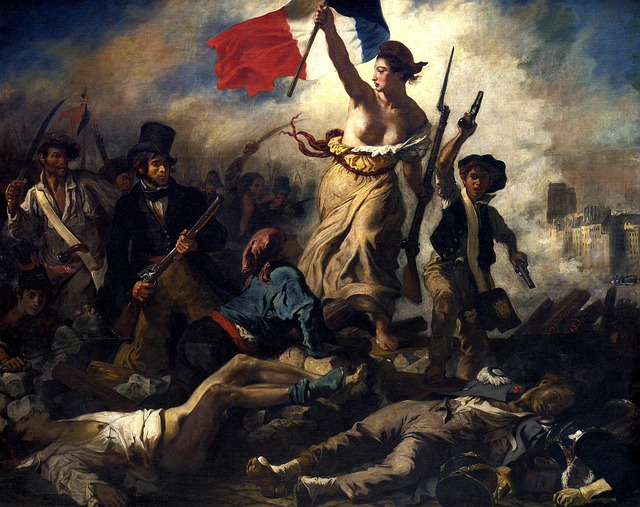
Chapter Overview
The French Revolution was a defining moment in history that changed the political landscape of France and had a profound impact on the world. It began in 1789 and led to the fall of the French monarchy, the rise of republicanism, and the establishment of the First French Republic. The revolution was sparked by economic hardship, social inequality, and the spread of Enlightenment ideas. The principles of liberty, equality, and fraternity became the foundation of the revolution and continue to influence modern political thought. The revolution resulted in significant social, economic, and political changes, setting the stage for the rise of democracy and nationalism in Europe.
Important Keywords
- French Revolution: The revolution that took place in France in 1789, leading to the overthrow of the monarchy and the establishment of a republic.
- Liberty, Equality, Fraternity: The revolutionary motto representing the ideals of the French Revolution.
- Storming of the Bastille: The symbolic event marking the beginning of the French Revolution in 1789.
- Reign of Terror: A period of extreme violence and repression during the revolution, led by Robespierre and the Jacobins.
- Napoleon Bonaparte: The military leader who rose to power during the French Revolution and later became the emperor of France.
- Enlightenment: A cultural movement that influenced the revolution, emphasizing reason, individual rights, and the challenge of traditional authority.
